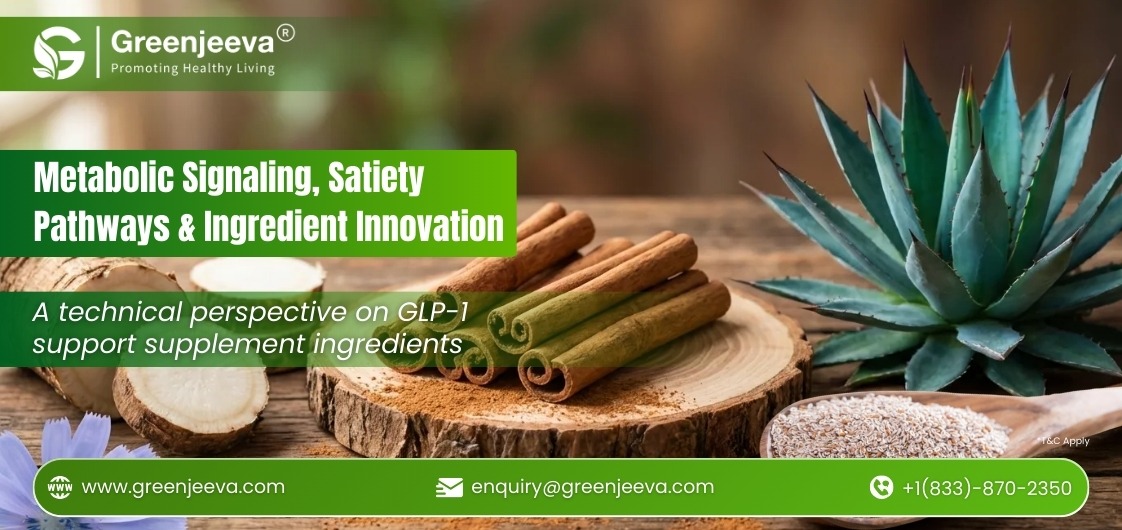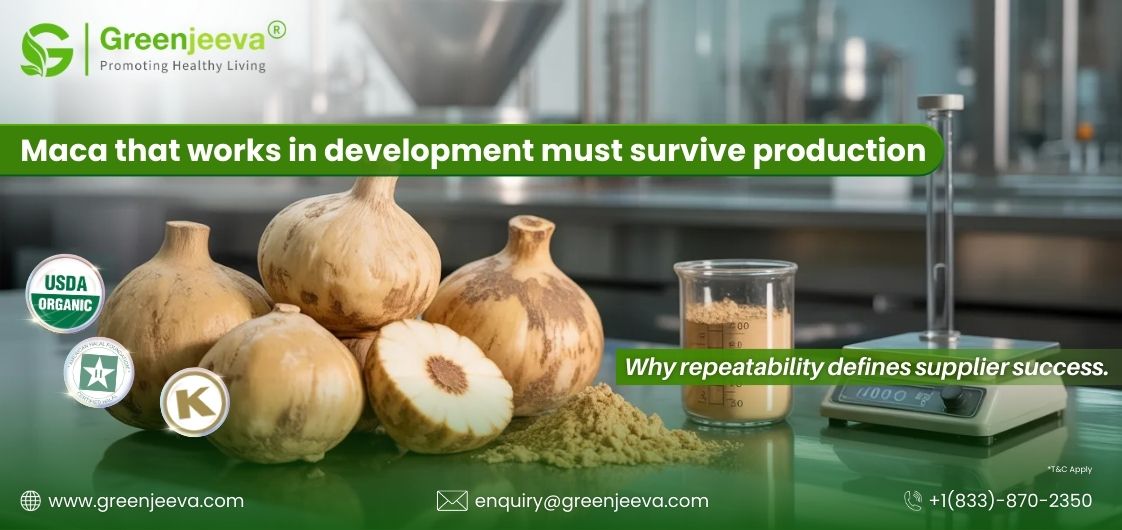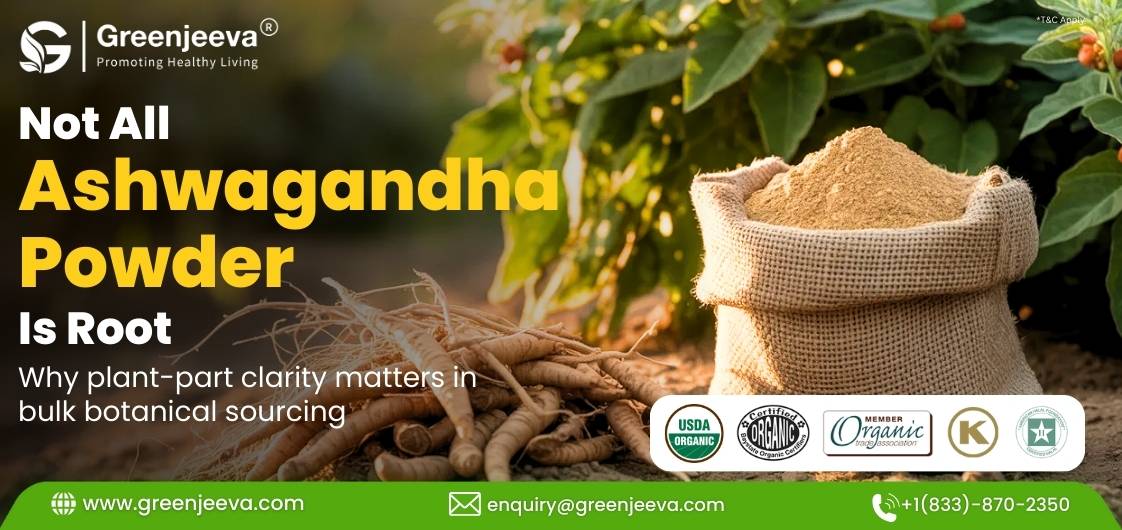All You Need To Know About Noni Fruit

Overview
Noni is a yellowish-green fruit of the Morinda Citrifolia plant. Its other common names are Indian mulberry and beach mulberry. The noni fruit has an oval shape and a knobbly texture. The flesh of the fruit is off-white in colour and has dark brown seeds. Due to its foul scent and bitter taste, people often compare it to stinky cheese. In the tiny fruit, there are gazillions of essential nutrients. So, the ripened fruit is used to make noni juice, which is consumed as a health drink. The fruit was a popular ingredient in traditional folk medicines.
Background and Uses
People came to know about noni fruit around 2000-3000 years ago. Morinda Citrifolia or Awl tree is native to the Pacific Islands of Hawaii, Southeast Asia, and Australia. The production of noni fruit requires warm climate and acidic conditions. It sustains even in the worst climatic conditions and therefore, it was grown everywhere. During famine when there was shortage of food, people consumed this fruit for their survival. Native Polynesian people used to eat fruits and seeds in both raw and cooked form. These days, it has become a staple food choice in many regions and everyone uses the fruit in multiple ways. Some of the best noni fruit uses in today’s time include preparation of sauces, curries, jellies, jams, supplements, and beverages.
Nutrient Profile
Noni fruits are a great source of antioxidants and plant-based flavonoids. It contains key vitamins like vitamin E, folate, biotin, and vitamin C. The fruit also has natural enzymes and polysaccharides that support health. It abounds in several minerals such as calcium, magnesium, and potassium. Powerful antioxidants in the fruit contain beta carotene and iridoids that protects against oxidative damage.
Interesting Facts
The noni fruit plant belongs to the Rubiaceae family, which is also called the madder or coffee family.
• It is a tough species that can survive in almost any condition. Noni can even grow in lava fields.
• Polynesian healers included the fruit in their medicine as it contains a high concentration of antioxidants.
• In the past, noni juice was extracted by fermenting and straining the seeds. Noni juice benefits in providing necessary nutrients to the body.
• The Awl tree starts bearing fruit within one year after planting. It can grow up to 10 meters in height.
• Noni is similar to the gingko plant as they both have an unpleasant odor that is recognizable from a distance.
• The migration of New Guinea people aided in spreading the fruit to neighboring areas like Samoa, Tonga, and Fiji.
• There are around 80 types of Morinda plant, of which three varieties are the most popular.
• Upon maturity, the plant can produce around 17 pounds of fruit.
• Noni fruit grows well in summer compared to winter but it produces fruit throughout the year.
• The phenols present in the fruit boost its natural preservative activity. Therefore, it is used as a preservative in the food industry.
Noni fruits are the mother lode of phytonutrients, or plant-based chemicals. This is the reason why many industries, including pharmaceuticals and the food industry, are highly demanding noni fruit powder. As ancient healers appreciate the fruit, the medical and scientific communities are continuing their research on noni’s beneficial properties.
If you are eager to buy organic noni fruit powder in bulk quantities, then look no further than Green Jeeva.
Disclaimer:
The above statements are not intended to cure any disease or comply with any health benefits. This is solely for information purposes. Please consult your doctor/health practitioner before consumption of the product. Although we take efforts to keep our website informative, we do not guarantee any medical benefits.


.jpg)



